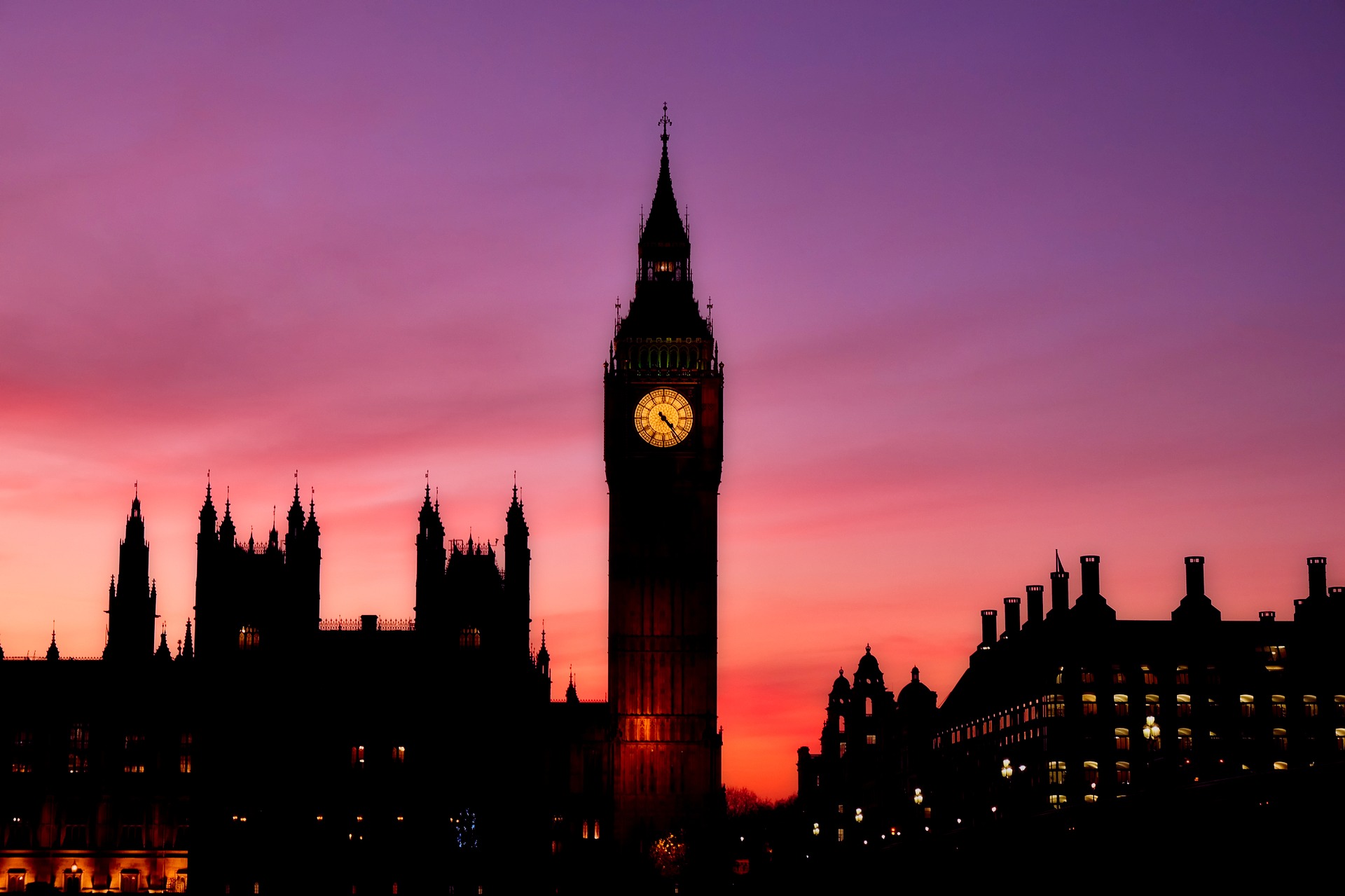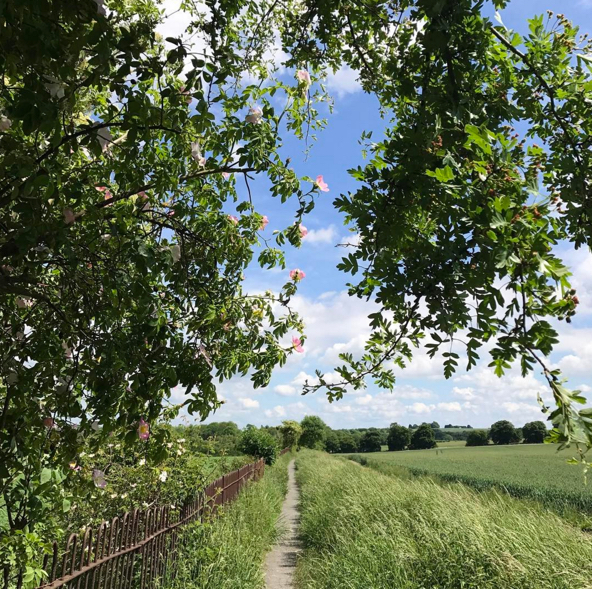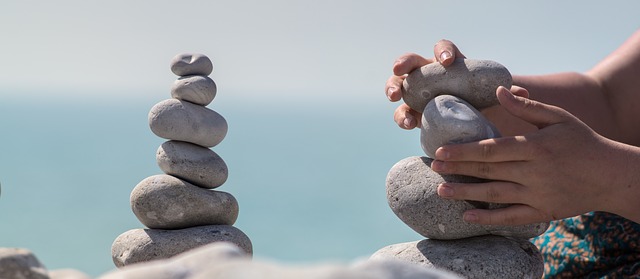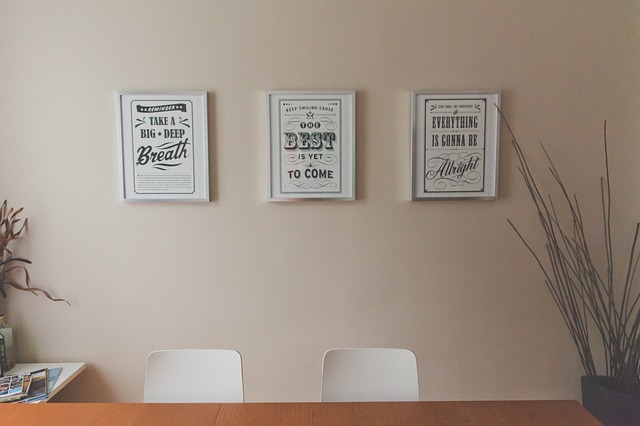
On Brexit again
Two days after Asha’s departure, as if it was a reward gift from gods for everything we’ve done for her, I have received a letter from the Home Office that my residency application was granted and actually backdated. I can apply to be a British citizen soon. I can stop worrying and start planning. I won’t bother you with all the details of why staying is the option for my family because we had various opportunities outside of UK too, all of them good, but staying became the most effective for now – that’s all you need to know. What is important though, I am planning to use this Brexit experience for my future work as it opened up a completely different level of anxieties in me and tested my resilience skills to a completely new level. I really did not want to blog about my negative feelings of the last 18 months. And it had been more than a year, actually, because unlike my friends and family I was not at all shocked with the results of the referendum and I was worried pretty much since it was announced. Today, however, I would like to write up a list of important learnings from this period – for myself and for all the other EU citizens who are suffering at the moment and all the British citizens who wish to support them.
- Nothing is certain so we need to stand up for tolerance. During the last 18 months, I have noticed something really strange about people: those who are racist suddenly feel it justified and permitted to express their hate speech, whereas those who are tolerant do tolerate that and rather fear speaking up for foreigners. We all know this but on an individual level, it can be very extreme. A mother of my son’s friends (a woman who spend endless hours in my house) had the guts and lightheartedness to text me on the morning of the referendum results that my husband probably won’t find work after Brexit in the UK, knowing just how hurtful this could potentially be. (Actually, it was very revealing, and I suspected this sentiment so I am glad it came out to the open finally and I can one day show it to my son as a learning). On the other hand, another family friend did not text me that day, but a few days later mentioned on the way home that she wanted to say sorry, even though it was not her fault, just to cheer me up. What I took out of this experience is a strong commitment to tell racists to f**** off and reconsider their tone and on the other hand, a strong determination to support, actively reach out and hold those members of our community who are actually vulnerable.
- It’s good to know when to speak up and how. People live in a wide range of biases and arguing with the blindfolded does not always help. Also, sometimes we tend to have an urge to prove our point but in times of political crisis walking away might just be the best option. We, the more educated and informed of us, know very well that Brexit is going to hit us hard (it already has, economically) so is it really worth re-negotiating our relationships with every single person? I don’t think we have enough of mental capacity to do so in times when renegotiating (ie. re-establishing, reinforcing after a political event which aims to divide people) our friendships with the closed ones are a priority.
- We need to work on our resilience contingency in the good times. I am ever so happy about all the work I did in the last few years to build up my resilience. I did so to ensure that I can run my own business more effectively and provide emotional support to my family, but as it turns out I myself have benefited from it too. I know that we have a tendency to understand the need to resilience once our mental abilities are tested, but it is so much easier to focus on it in the good times when self-development is something we actually have time for. I will take this learning with me to my future studies and always try to prepare for the worst in advance – it’s astonishing how much simple mental habits and a bit of positive thinking can help when life seems almost helpless or at least challenging.
- We need strong networks, even if very small ones. This one is obvious, of course, but in the modern times, we tend to forget it. I read a study somewhere that almost 30% of people in the UK don’t have a single trusted friend and I just cannot imagine how hard their lives must be! Close friends are there for us when we need them and when we have those happy time to share too. Why? Because in those happy times they learn us and on a bad day are already a step ahead of us and know better what’s good for us. They hold us through hard times. Sometimes they save us too. It’s also worth remembering that some worst times last longer: depression, long-term illness, caring for an elderly person or grief – all those long periods of challenging reality can be so much easier if we have an escape in a friend who can just meet for a coffee or sit next to us. We are social creatures in the end.
- Noone should be left alone in their isolation. As a follow up to the previous learning I would also like to point out that we are here not just to secure ourselves a friend or two but also to look around and figure out who is missing and why? In my small town, I have met so many lonely people that my heart hurts! A man who passes our house every day sat alone in the pub and only during the literary festival I found out just how well educated and interesting his opinions are. I wish I had a beer with him in that pub on so many occasions. But I did not and now I worry because I myself did feel isolated for a long time and even if not early on, sooner or later, I was lifted out of that abandonment by a new friend. We should not have to be alone in the modern world and we should not have to face Brexits to flock to each other for support.
- We need to be radical about our environment. We need to actively seek places and community that make us thrive. In the last 18 months, many of my liberal friends decided to move out of my rather conservative town, some actually regretting waiting so long to do so. We have started planning our move too. The groups we live in, and its underlying culture, ultimately are not just our support networks, but if unsupportive, can also become additional factors for depression. I am not just talking about the targeted hate or ignorant comments but the actual lack of support, lack of interest, lack of care and kindness on a daily basis. So many of us don’t even realise the power of neighborhood and its impact on mental health. My street and surrounding house are really friendly, but at the core of its heart, this town is the coldest and most unwelcoming place I have ever lived in, and I have lived in a few at least. Even some people working at the Town Council agreed with me that it takes on average ten years to be allowed in (never really accepted) and possibly start making friends. It took me seven to find a good friend and I was involved in all the possible groups and causes, I really tried to join in and contribute. I thoroughly regret staying here for so long, and I am really sorry that such terrible political changes had to make me realise this. How do you know? It’s in the neighbor’s smile or condescending “hello”. It’s in the number of social invitations or the lack of thereof. And finally it’s in the care: the pro-active thinking of the members of the community about those who arrive, join in or maybe don’t seem to be visible, maybe feel alienated – and actually doing something about it.
- We need to realise the power of words, gestures, and silences. Every word is a message. Placement of a racist paper in the shop window. Condescending morning greeting. A flag in a coffee shop. A swastika in a window. Those simple signs of hatred that I have experienced in my town are nothing comparing to what some of us experience nowadays due to Brexit. I do not think we appreciate just how strong the written word and the unspoken hate can be – it’s in our tone, on our face and in our silence too. We really need to get a grip and learn to use the communication tools we have for positive impact instead. I take it as a learning and I hope others will too.
- Long-term, slow suffering is just as damaging as one-off trauma. I read recently that the impact of a lonely day of depression equals about 10-15 smoked cigarettes, really. I hope this is not right, but I am not surprised. I remember a series of moments when my heart was sinking. Hateful message from another mum. Daily Mail on a table of a client who asked me for endless free work. May’s Christmas wishes to all the families in the UK that made me cringe – obviously mine was not the one she would consider worthy. It all had a genuine negative impact on my physical and mental health. It’s terrifying to realise just how much self-care I had to practice to counter-balance this terrible period of my life – even though I actually had a lot of alternative options for the future of my family. I cannot even imagine how an EU citizen with no prospects might feel right now.
- Self-care is crucial in challenging times and there is no scope for self-criticism. When shit hits the fan I hug myself and say it out loud: It’s all going to be OK, I am OK. And it helps. And there is more. I walk the dog, I cuddle her. I take the gardening tools and venture out into the allotment for another project. I watch the baby birds play in the garden and practice gratefulness. I turn my face towards the sun. I shop for new fruits and prepare a new salad for boys. I watch a good movie or read a good book. I register for a new course. I take a long hot bath listening to punk, rock, jazz, any good music. I dance. Even though I know that the reality is not perfect, I am taking a very good care of the little girl inside of me. I do not scold her. I do not judge her for her mistakes. Not now. Now is the time for her to rest a bit. Before the next piece of bad news. Before the next ignorant neighbor opens her mouth. Before the skies open up again. I soak in the sun which fills me up with a lot of good energy because I need it now.
- We need to accept grief into our lives. And when all the clouds are gone and things start to become a bit better, we need to give ourselves time to simply feel sorry for ourselves. Our parents grew up in a world which told them to suck it up and toughen up but I do not think this is a good long-term practice. If our minds and bodies were exposed to a long-term tension or suffering, it’s perfectly fine to grief and takes time to recover. I have no idea how long it will take me to recover from the experiences of early years of Brexit, but I know it did hit me hard. I usually collapse a little bit after a trauma. Sometimes I catch a cold or simply need to catch up on sleep. I eat a lot and don’t worry about my kilograms. I know I can lose them later. I eat chocolate and enjoy life but carefully, slowly building up my trust and positive outlook. It does not happen from one day to another, it’s a process and some of it is negative. And it’s OK. When times are bad sometimes we simply have no capacity to hurt more. Grieving is the process that helps us process all those leftovers, I think.
This is my little Brexit decalog. It has shaped me into a more empathetic person and I understand people suffering from trauma and crisis so much better now. I hope to work with refugees and other victims of life challenges one day but for now, I am making a note of those important points, not to forget them.
If you have been through similar times and have good learnings, please share. I would love to learn more about this.




